Ganiyu Obaaro
The desire by Nigerians to have stable electricity supply had been Herculean. For decades, Nigerians were faced with the monumental challenge of poor electricity supply or lack of it.
Where there is electricity supply at all, it has been epileptic.
Consequently, businesses, homes, offices and other critical areas where it is needed, have never enjoyed stable electricity supply.
Indeed, city dwellers in Lagos, Ibadan, Kaduna, Enugu, Warri and Calabar, had gone for months in some circumstances without electricity supply. The rural areas across the 36 states and Abuja, Federal Capital, are even worse off.
These are places that were simply not on the radar of the electricity providers over the years.
These situations had caused all layers of consumers, including small businesses like cold rooms, saloons, business centres, grocery shops and big businesses like industries and banks, huge revenue and job losses, among other negative economic challenges facing them. No doubt, electricity in Nigeria, has been posing monumental challenges for its over 200 million traumatized people.
Several people had lost critical part of their bodies like limbs, legs, eyes and ears due to electricity sparks or burns.
In some extreme cases, many people had either died or become permanently physically- challenged due to the organisation’s neglect and outright carelessness.
Electricity business in Nigeria has a long history. Starting from Electricity Corporation of Nigeria, ECN, in the pre-independent era to the immediate pot-independence, when we had the National Electric Power Authority, NEPA, and the opening of earth dams and power stations like Kainji Dam in Niger State, Zungeru, Mambila; and other areas, this critical infrastructure has become highly desirable for Nigerians.
In the 70s up to the early 90s, Nigerians used to enjoy stable electricity. However, for over 30 years now, the reverse had been the case: darkness, corruption, ageing / theft of cables and other electricity infrastructure, poor investment and manpower challenges, have characterised the sector.
Worried by these unabating challenges, the Federal Government of Nigeria had embarked on series of reforms aimed at jumpstarting the sector, and enhancing the overall areas of the institution, including, generation, transmission and distribution. Part of the reforms also included labour issues and how to address them. Therefore, in 2014, the sector was deregulated following the setting up of the National Electricity Regulatory Commission, NERC.
This agency had the arduous task of regulating the sector, through its unbundling into Gencos, Discos and other channels. It should be understood that despite the various labour’s opposition to the privatisation move, especially by the Electricity Workers, under the umbrella of the Nigerian Labour Congress, the government was able to resolve it.
Till date, Joe Ajaero, the electricity workers’ leader who is now president of the NLC, has not hidden his opposition to the government’s action, especially through work-to-rule moves, the union always embark upon. However, following a truce reached with the labour, the workers were sacked and paid off.
But the successors to NEPA, Power Holding Company of Nigeria, PHCN, did not fare better either to the extent that the nation’s daily megawatts of electricity supply hovered between 3000-70000.
Whereas, South Africa, Morocco, Egypt was said to be generating at the individual’s level, between 20-50 MW per day.
The emergence of these private concerns, such as Eko Electricity Distribution Company, Ibadan Electricity Distribution Company, Abuja Electricity Distribution Company and others, despite being given a level playing field, have been bogged down by inefficiency, poor network, darkness and similar problems faced by the privatized NEPA.
All these may have forced the government of former President Muhammadu Buhari, in collaboration with the National Assembly, to legislate on how best to address it.
Consequently, in March this year, Buhari signed into law, the Constitutional Amendment allowing the 36 states in the country to generate, transmit and distribute electricity in areas covered by the National Grid.
Buhari’s action was the 19th signed him in March. He also signed along with it, states’ financial autonomy, also signed into law was state to own railways. This was moved from the Legislative List to the Concurrent List as it were, following the transmission to him of some 35 bills by the National Assembly.
But the Icing on the case, was the signing of the Electricity Act, by President Bola Ahmed Tinubu, Buhari’s successor, who took over as the President on May 29 this year at the Eagles Square, Abuja, together with his Vice President, Kashim Shettima.
Observers say Tinubu has demonstrated, very significantly, de-monopolization of electricity, kept faith with power devolution and strengthened true federalism as obtained in federating countries like the United States of America, USA.
Now, the 36 states hold the final piece: they would have to legislate on this development, as they can generate, distribute and transmit electricity in competition with individuals and companies under the purview of the regulator, NERC.
At the recent inauguration of the National Economic Council, NEC, headed by Shettima in Abuja, Tinubu urged them to “work with him to revive the economic fortunes of Nigerians.”
According to an energy expert, Saviour Nnachi, several advantages will be open to Nigerians, when the policy becomes operational.
He said, more jobs (direct and indirect), would be created in the states in particular, Gross Domestic Product, GDP, will be enhanced, while infrastructure (new investment), would grow.
He said states would record increased internally generated revenue from energy sales, and research and development would grow as new ways of boosting electricity supply would come on stream in the states and at the Federal level.
Nnachi however, said the new system would face initial challenges
of coordination, manpower and infrastructure, if not properly handled by the tiers of government.
But, how soon will Nigerians begin to shout Uhuru, despite these recent government’s actions to develop the sector remain a conjecture.
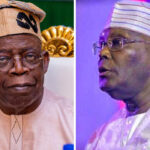
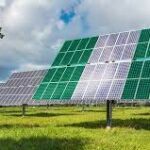


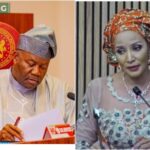
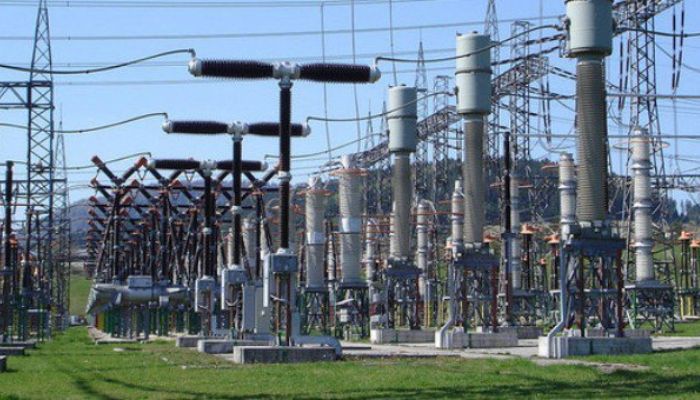
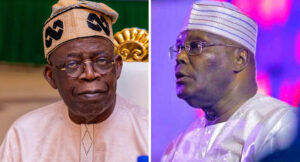
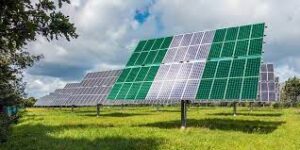


More Stories
Senate Drama: Akpabio vs. Natasha and the Lessons for Nigeria
What if Farotimi’s allegations are not false
Governor Otti unveils new era of development for Ohafia with landmark bill signing